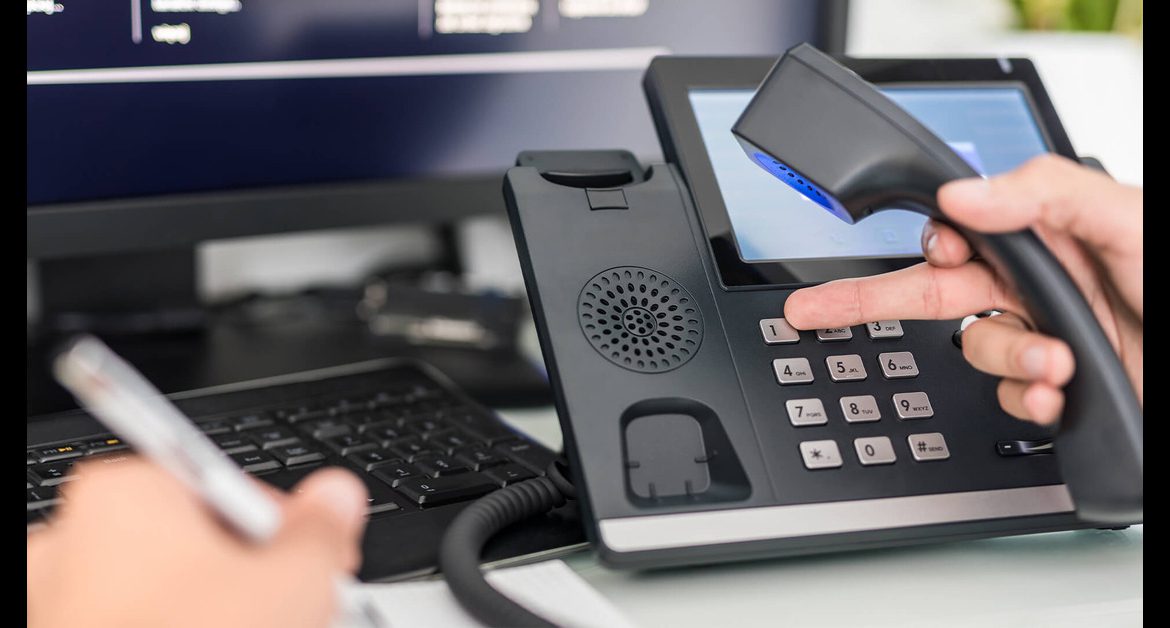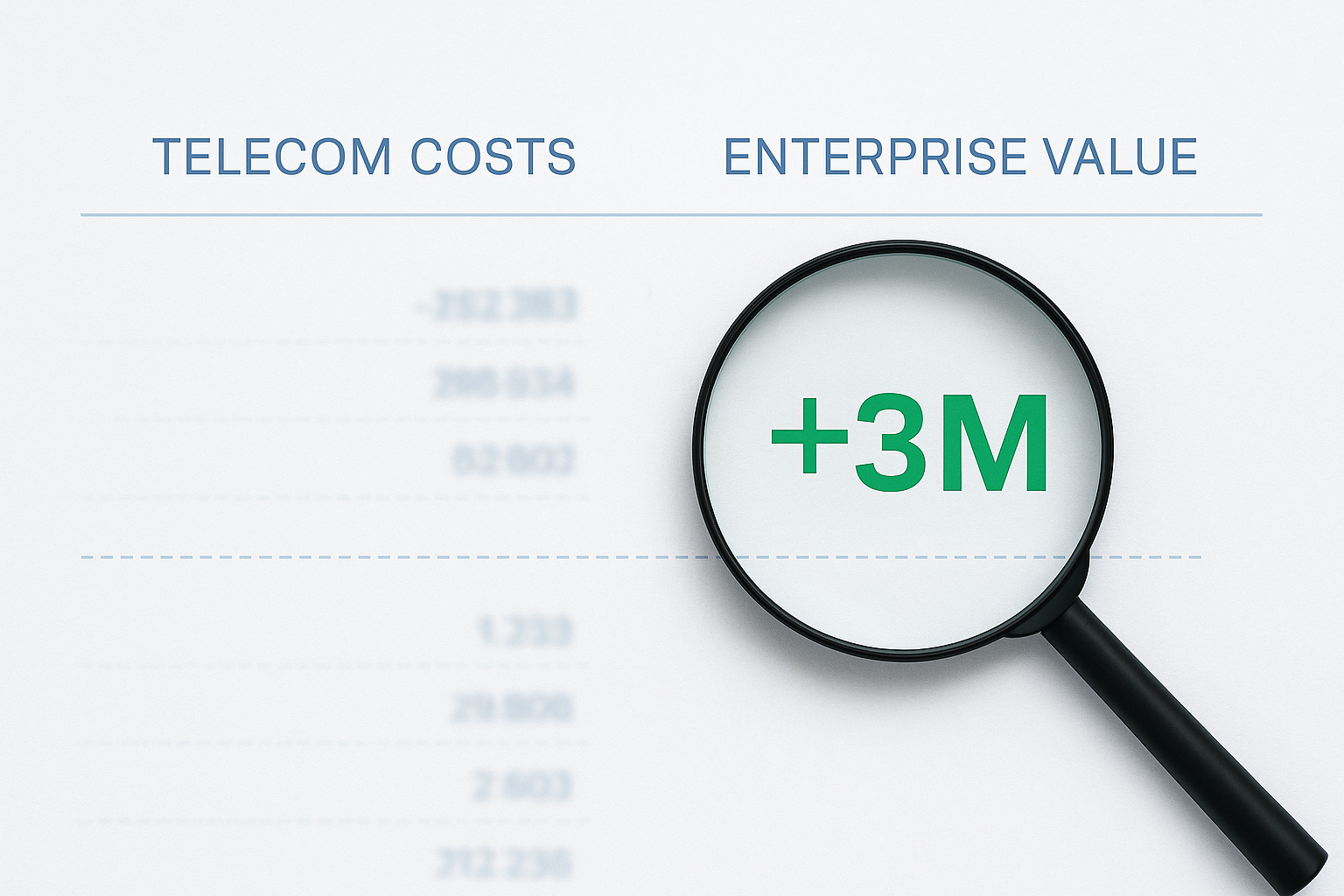The most important questions to ask VoIP provider go beyond just price — they help ensure the solution fits your business communication needs… Whether you’re switching from a landline or upgrading your existing VoIP system, asking the right questions to ask VoIP provider can protect your investment and ensure long-term satisfaction. A strong vendor relationship can lead to better service, lower costs, and improved productivity.
Here are the top 10 questions to ask VoIP provider that will help you make a confident and informed choice.
1. What Does Your Service-Level Agreement (SLA) Cover?
It’s one of the most essential questions to ask a VoIP provider before committing. Ideally, it should include guarantees around availability (commonly 99.999% uptime), issue resolution timeframes, and support access levels. Don’t just take their word for it — ask to see proof or references from other clients.
Also, find out if there are penalties if the SLA terms aren’t met. A provider that’s confident in their reliability will stand by their commitments.
A clear SLA not only sets expectations but also gives you leverage if service falls short. It’s a key part of ensuring long-term performance and of course – accountability.
2. How Reliable Is Your Network Infrastructure?
Network reliability directly affects call quality and uptime. Look for providers with:
- Redundant data centers in multiple geographic regions
- Backup power supplies and internet connections
- Real-time failover systems
These features ensure your business remains connected even if one server or data center fails. For example, if a provider advertises 99.999% uptime, ask how they handled outages during extreme weather or power failures. One retail chain we worked with switched providers after repeated weekend downtimes during holiday seasons. and how quickly they resolve outages.
3. Are Your Services Compatible With Our Existing Systems?
Integration is essential in today’s hybrid work environments. Your VoIP system should sync with CRMs (like Salesforce or HubSpot), productivity tools (like Microsoft Teams or Slack), and customer service platforms (like Zendesk).
Incompatibility can lead to inefficiencies, siloed data, and a frustrating user experience. Request a demo of how their solution integrates with the systems you already use.
4. What Is the Total Cost of Ownership?
Beyond the monthly subscription, ask about:
- Hardware or phone equipment costs
- Installation and setup fees
- Maintenance or upgrade fees
- Number porting charges
- Hidden costs like overage charges or premium support tiers
To understand the full financial picture, check out this comprehensive VoIP pricing overview from RingCentral.
By this point, you’ve covered some of the most technical and financial questions to ask VoIP provider candidates — but don’t overlook customer support.
5. What Kind of Customer Support Do You Offer?
Support quality varies widely across providers. Confirm:
- 24/7 availability
- Support channels (phone, chat, email)
- If support is outsourced or U.S.-based
- Average resolution time
Test their support before signing — call during off-hours and gauge responsiveness.
6. Can You Scale With My Business?
A VoIP provider should grow with your company. Ask:
- Is it easy to add users or locations?
- Are there bulk discounts or flexible pricing tiers?
- Do you offer enterprise solutions like SIP trunking or UCaaS?
(“UCaaS” stands for Unified Communications as a Service — a cloud-based model that combines voice, video, messaging, and collaboration tools into one platform.)
If you plan to expand, your VoIP partner should support that growth seamlessly.
7. What Security Measures Are in Place?
VoIP systems are vulnerable to cyber threats. Choose a provider that offers:
- End-to-end encryption
- Secure data centers
- Firewall and intrusion detection systems
- Compliance with standards like HIPAA, GDPR, or SOC 2
For more insights, explore this guide to VoIP security essentials.
8. How Easy Is the Onboarding Process?
Onboarding should be fast, guided, and friction-free. Ask:
- Do you help port existing numbers?
- Is training included?
- What’s the average setup time?
Look for providers that assign a dedicated onboarding specialist and offer a knowledge base, webinars, or in-person support to help your team ramp up quickly.
9. What Features Are Included — and Which Cost Extra?
Ask about the full feature list and clarify what’s included in the base price. Look for:
- Call forwarding and routing
- Auto-attendants
- Call recording
- Voicemail-to-email
- Mobile and desktop apps
- Analytics and reporting
Avoid unexpected add-on costs by getting a complete breakdown.
A hands-on trial lets you verify answers to the most essential questions to ask VoIP provider teams before investing long-term.
10. Can I Try the Service Before Committing?
A trial or pilot program helps you evaluate call quality, features, support responsiveness, and ease of use. It’s the best way to ensure the system works well in your environment.
Many top providers offer 14- or 30-day trials — use this opportunity to involve your team and test all functionalities.
Bonus: VoIP Buyer’s Checklist
Before finalizing your choice, make sure you:
- Ask for customer case studies or references
- Confirm integration with your CRM and support tools
- Test the platform with a free trial
- Review SLA terms and support response times
- Ensure scalability for team growth
Final Questions to Ask VoIP Provider Before You Choose
Choose the Best VoIP Provider With Confidence
Choosing a VoIP provider is a major decision — and knowing the right questions to ask VoIP provider can shape your success in customer experience, operational efficiency, and your bottom line. Asking the right questions to ask VoIP provider helps you cut through the noise, compare vendors effectively, and choose a solution that meets your business needs.
FAQ:
Q: Is VoIP secure for financial businesses?
A: Yes — if your provider uses encryption, secure servers, and complies with SOC 2 or HIPAA, VoIP can be very secure for finance or healthcare.
Q: Will my team need training to use VoIP?
A: Most modern VoIP systems are intuitive, but onboarding sessions and how-to resources help ensure a smooth transition.
Q: What happens to my VoIP service if the internet goes down?
A: Most VoIP providers offer call forwarding features that automatically reroute calls to a mobile phone or backup number if your internet connection is lost. Some advanced systems also support cellular failover or on-premise redundancy to ensure you stay reachable even during outages.
Want to learn more? Start with our comparison of VoIP vs traditional phone systems to see how modern solutions stack up.
Looking for expert guidance? Contact TeleCloud to get personalized answers and see how our solutions support growing businesses like yours.





